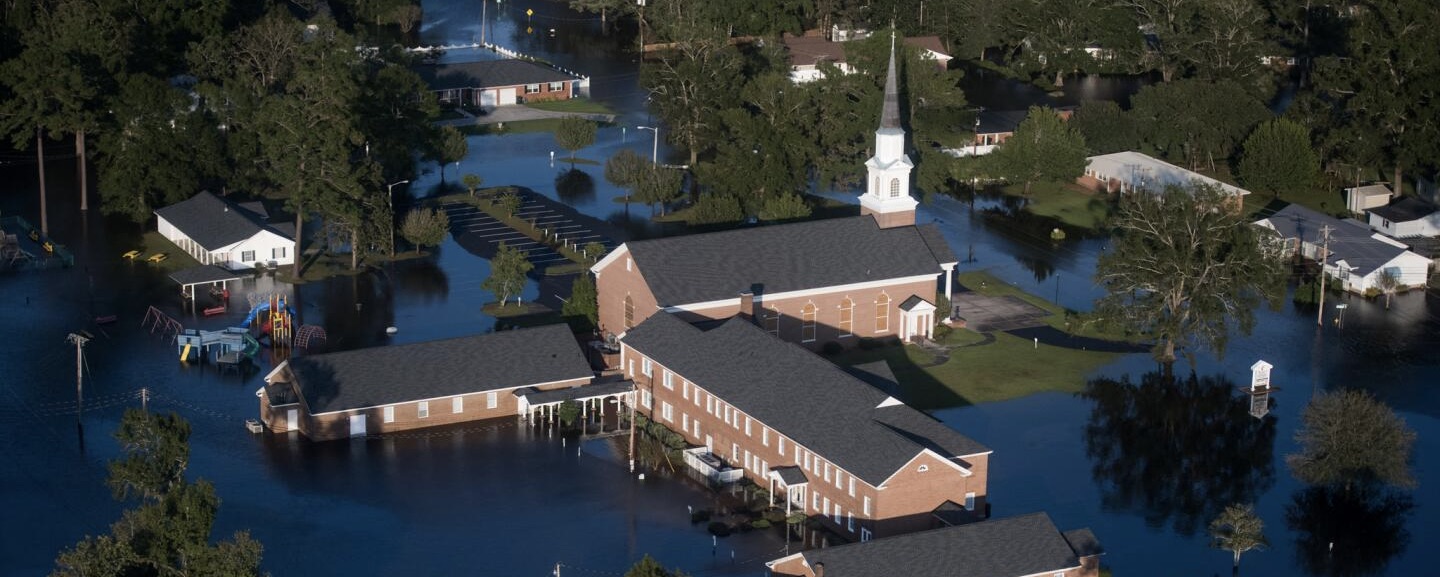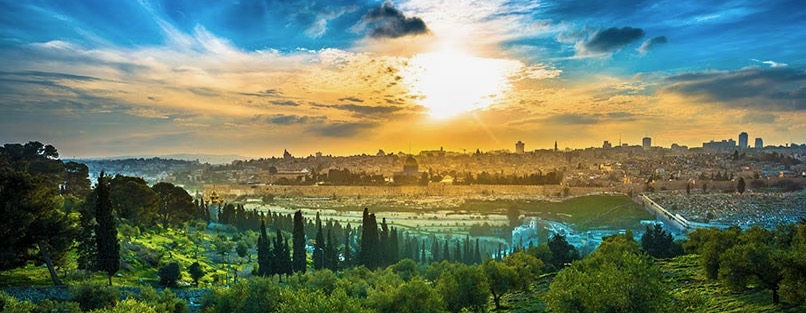Published: Feb 1, 2009
Publisher: Baker Academic
Retail Price: $26.00
Length: 288 pages
Binding: Paper
ISBN: 9780801036163
Words have great significance. They both form and inform us. They convey meaning and shape understanding. They express our highest thoughts and our deepest emotions. But because of their ubiquity, words are easily taken for granted. In Worship Words, part of the Engaging Worship series, professor of English Debra Rienstra and professor of preaching and worship Ron Rienstra make a careful examination of the role and use of language in the worship practices of the church. Their goal is to help students, pastors, and worship leaders come to a renewed appreciation and understanding of words in worship and to inspire them to use words more intentionally–to the greater glory of God and the greater blessing of God’s people.
The book is scholarly–-the result of much field research and theological reflection–-but also highly practical. Its topics include dimensions of language, repetition, authenticity, metaphor, tradition, lament, and worship planning. It is ecumenical in scope, demonstrating understanding and appreciation for various branches of the church while addressing important questions that cut across worship styles and theological and ecclesial traditions. Each chapter includes group discussion questions and exercises for evaluating and creating worship service elements.
Authors
Debra Rienstra
Debra Rienstra is professor of English at Calvin University, where she has taught writing and literature since 1996. She is the author of four books—on motherhood, spirituality, worship, and ecotheology/climate change—as well as numerous essays, poems, and scholarly articles. She writes the fortnightly Refugia Newsletter on Substack, a newsletter for people of faith who want to know and do more about climate. She also writes fortnightly for The Reformed Journal blog, writing about spirituality, climate change, pop culture, the church, the arts, higher ed, and more. Her literary essays have appeared in Rock & Sling, The Examined Life Journal, and Aethlon, among other places.
Ron Rienstra
Ron Rienstra is professor of preaching and worship and director of worship life at Western Seminary in Holland, Michigan. He is an ordained pastor in the Reformed Church in America. He is the author of Church at Church: Jean-Jacques von Allmen’s Liturgical Ecclesiology and numerous articles in Reformed Worship and scholarly journals.
Excerpts
Each chapter concludes with a summary and a series of exercises based on the material in the chapter. The exercises include suggestions for discussion, observation, resource development, and preaching. The following excerpt is from Chapter 7, “Naming God: Meeting the One Who Is.”
Summary Calls to Action
- Analyze the metaphors/images/titles/names for God used in your church’s worship.
- For every name commonly used, find appropriate ways to say yes-no-yes to that name.
- Name, explain, and worship the Trinity.
- Expand the repertoire of names/images/titles/metaphors for God in all aspects of worship language. Explore the Bible’s treasury.
- If possible in your context, reduce the number of gendered pronouns for God. Use gendered titles (such as Lord) but seek ways to diminish the gendered aspect of these names and also seek to use alternatives.
What are the images for God most common in your imagination? In what ways might the Bible expand or challenge your common images?
Choose any Psalm that you know and love. Explore a name for God in order to shape a prayer. Choose one image from the Psalm, and write a prayer in which you name God in terms of the image, then expand the image in praying for the congregation and the world. Remember to speak this image in light of the gospel.
Psalm 23
Example: God, you are a faithful shepherd to us. You know each of us by name, and love us with a fierce, protective love. We ask you to tend the wounds of those who are sick and grieving today, especially…. We ask you to comfort those who are fearful today, fearful of… We ask you to protect those who are in danger today, … Many people in this world do not know your voice. We pray that you will continue to call to them. Let your Spirit speak to them through the church…
Let the shape of the psalm as a whole shape the prayer. Write a prayer that names God in terms of the psalm, then follows the contours of the psalm.
Psalm 1
Example: Judge of the nations, Judge of the heart, all things are revealed to you and nothing is hidden from your wisdom. Teach us to walk in the right paths. Lead us away from all the bad counselors of this world: cynicism, fearfulness, despair, prejudice. Lead us instead into the delight of your ways and teach us to meditate on them. Teach us to pray. As a congregation, plant us like healthy trees near the water of your gracious words. We long to yield fruit for you…
Using an image from the Psalm that especially strikes you and explore an action of God through that image.
Psalm 68:9
You gave abundant showers, O God; you refreshed your weary inheritance.
Example: Dear God, we come to you thirsty, like dry ground. We look to you for all that we need and we wait for your gracious care. Send your Spirit to us, nourishing God, like a drenching shower. Work among us so that, like a fertile field, we might grow good deeds that will feed others in this world…
Variations on this exercise:
Tailor the prayer to a particular place in the service: a call to worship, a prayer for illumination, a congregational prayer, a confessional prayer, and so on. Other passages of Scripture could, of course, form the basis of similar exercises.
Here’s a homiletical exercise, fitting even for nonprofessional preachers: Write a short sermonette in which you explore an unusual image for God from Scripture. Start with a text that has a striking image in it. For instance, consider Exodus 13:21-22 and the image of the pillar of cloud and fire. How can that image speak to us today? Or, explore Luke 15:8-10, the image of the woman and the lost coin from Jesus’s parable. In what ways is God like a determined housekeeper? To get the most out of the exercise, do the following:
- Identify the Scripture text that will be the heart of your mini-sermon.
- Pray through the text, and research anything that puzzles you about it.
- Write a three-sentence paragraph (at most) that simply restates what the text says, and does so well and beautifully. This is the second paragraph of your three-paragraph sermonette.
- Write another three-sentence paragraph, this time in response to asking “So what?” of your second paragraph. This is the third paragraph for your sermon
- Think about your friends, both Christian and non-Christian. What would connect their experience or life to this text? Write another paragraph of no more than three sentences. This is the first paragraph of your sermon.
During a worship service you attend, observe the presence of KINGAFAP. Was this the dominant metaphor system in the service? Were there any elements of the service whose language compellingly challenged the distortions of KINGAFAP, that is, more than a passing reference to God as servant, sufferer, or something other than the distant, masculine ruler? Based on your observations, does this worshiping assembly have a KINGAFAP problem? Now that you are looking for this metaphor system, reflect briefly on the role it plays in your own devotional life. Is it your own dominant image of God?
Compose a new song acclaiming the Trinity. Can we adore the Triune God with the same intimate love with which we adore Jesus? What images can we employ to draw people into worshipful awe at the beauty and holiness of the Triune God?
Reviews
Endorsements
Resources

Writers On Screen: Ignoring the Boring Parts
So let’s sum up: great movie in every way, won tons of awards (including an Oscar for Best Adapted Screenplay for screenwriter and director, Cord Jefferson). Highly recommend. No complaints.
Except… can we talk about how writers are depicted in movies?

Hell Hath No Fury Like a Nation Full of Angry Women
Well, I’ll tell you what I felt: a sudden, joyous release of anger. I’m certain I’m not alone. Let me assure you: women have a LOT of pent-up anger in this country.

Angels on the Edge
“GR, I’m so, so sorry.” Holland stops, turns, and looks GR in the ashen face. “Listen. Do you want to crash at my place for a while? I’ve just been remodeling a little—there’s plenty of room! For you and all your… baggage.”

On Cicadas, Parasites, and Creepy, Slimy Things
I noticed that the way we spoke about nature almost always celebrated beautiful aspects, typically in general terms: mountains, clouds, wildflowers, sunsets, that sort of thing. We did not discuss parasitic wasps at all, or STI-infected cicadas.

The Remnants of Their Lives: An Ancestry Adventure
Strange how quickly people’s lives fade into oblivion. These people lived their lives, then died. And their stories? What happens to their stories? Maybe a few facts or memories get preserved, but what of all the sorrows and thoughts and day-to-day experiences?

A Vote is Not a Valentine–Or a Virtue Test
It seems to me people have all kinds of unhelpful notions about what a vote means. And that can lead to them choosing not to vote, usually for either (or both) of two reasons. 1. They don’t think their vote matters. 2. They want to signal their virtue.
Let’s address these one at a time.

What Can the Church Offer to a World in Crisis?
What distinctive gifts does the church bring to the table? What can we offer, right now, in this moment in history? What gifts of the church are suited well for what we need?

Messiah Complex
The cinematography is amazing! The production design incredible! The acting top-notch! The directing visionary! Eh. I was bored.

Unless a Seed Falls: John 12:20-36
Even I have to admit, it looks terrible: broken, rotting stalks, bare dirt, no happy winged visitors. I tell myself there are over-wintering insects in there, that native roots are strong, that spring is coming. But right now: stillness, death.

Pious Petunia Lifts Us Gently Over a Candy-Coated Lenten Threshold
Miss P recommends relaxed bemusement at the strained and unnecessary efforts of some Christians to claw back holy meaning for Ash Wednesday out of the lacey pink clutches of commercialized romance.

Blessed Unrest
We often wonder what God is calling us to do in a particular moment or passage of life. Could we ask ourselves, in such moments, “What is my blessed unrest here?”

Another Semester of Being Useless
Those of us who teach in humanities fields at university face the threshold of every new semester with the sinking feeling that we have dedicated our lives to something “the culture” no longer values. We’re useless, if not downright nefarious.

Third Sunday in Advent: A Sestina
These candlelit evenings, ancient hope glimmers like a gift,
gleams for a moment, then falters, slips to nothing
in the circling of the year, our loves still unsteady, our roots
still shallow, every promise a whisper of moth’s wings and still
pending.

How to Live at the End of the World
But what to do with this whiz-bang of a passage from Mark, where Jesus instructs the disciples about impending doom?

Religion, the Climate Crisis, and Faith Formation
As with the Pew study, PRRI found that religious leadership structures duly release well-meaning statements, and religious people talk a good game about “creation care” and “stewardship,” but many of the faithful are far more influenced in their climate views by their news sources and their politics than by theological motivations or faith communities.

Chronological Loneliness
Distant from my parents’ and their parents’ worlds, scrambling to understand my children’s world, I feel a kind of chronological loneliness. That’s the term I came up with to describe this feeling of floating between.

